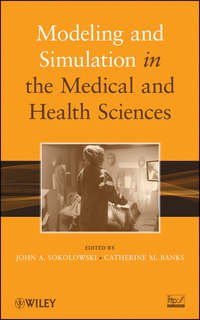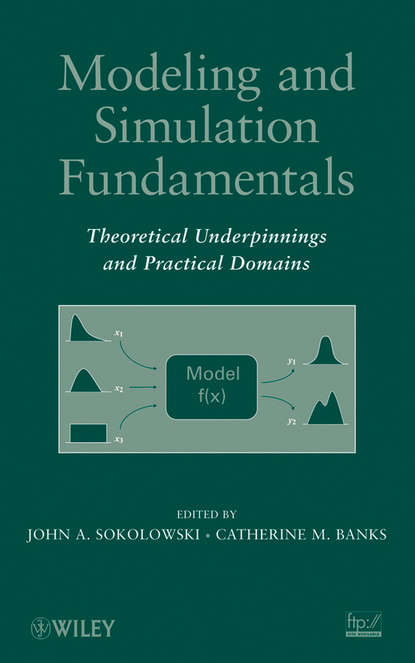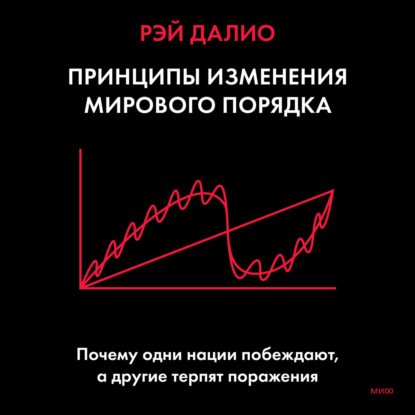Sokolowski A. John - Modeling and Simulation in the Medical and Health Sciences

This edited book is divided into three parts: Fundamentals of Medical and Health Sciences Modeling and Simulation introduces modeling and simulation in the medical and health sciences; Medical and Health Sciences Models provides the theoretical underpinnings of medical and health sciences modeling; and Modeling and Simulation Applications in Medical and Health Sciences focuses on teaching, training, and research applications. The book begins with a general discussion of modeling and simulation from the modeling and simulation discipline perspective. This discussion grounds the reader in common terminology. It also relates this terminology to concepts found in the medical and health care (MHC) area to help bridge the gap between developers and MHC practitioners. Three distinct modes of modeling and simulation are described: live, constructive, and virtual. The live approach explains the concept of using real (live) people employing real equipment for training purposes. The constructive mode is a means of engaging medical modeling and simulation. In constructive simulation, simulated people and simulated equipment are developed to augment real-world conditions for training or experimentation purposes. The virtual mode is perhaps the most fascinating as virtual operating rooms and synthetic training environments are being produced for practitioners and educators at break-neck speed. In this mode, real people are employing simulated equipment to improve physical skills and decision-making ability.







